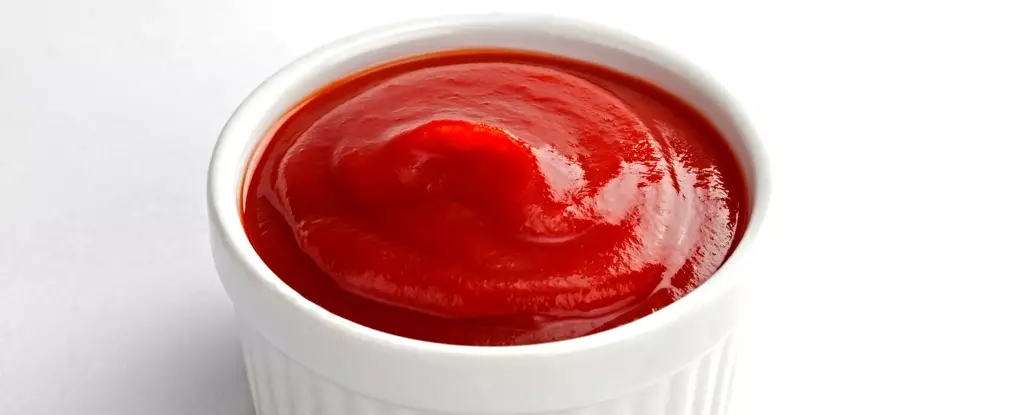In the world of endurance sports, fueling is a critical factor that can make or break an athlete’s performance. It determines their ability to sustain energy levels and avoid struggles during prolonged activities. Traditionally, athletes have turned to specialized energy gels as a quick and easily digestible source of carbohydrates. However, a recent advertisement featuring runners using Heinz ketchup packets as their fueling choice has sparked curiosity and raised questions about its efficacy as a sports supplement.
When it comes to choosing supplements, taste plays a crucial role, especially during intense endurance efforts. Traditional sports foods offer a variety of flavors to cater to athletes’ palates. While Heinz ketchup brings a familiar tangy taste, the savory nature of ketchup might not appeal to everyone during a workout. Personal preference is of utmost importance as an unpalatable choice could lead to digestive issues and hinder an athlete’s true potential.
Carbohydrates are the body’s primary energy source, especially during intense activities, and endurance athletes rely heavily on them for sustained energy. Heinz ketchup contains carbohydrates primarily in the form of sugar from the tomatoes, making it a potential source of quick energy during training or competition. However, its practicality as a fueling option may be limited.
For workouts lasting under an hour, ketchup packets might suffice as they contain approximately 2.6g of carbohydrates per 10ml packet. However, for longer exercises, the recommendation is to consume 30-60g of carbs per hour. To meet the lower end of this range, runners would need about 12 ketchup packets per hour, posing a logistical challenge during a workout. Opening and consuming multiple ketchup packets on the go may prove to be an awkward task, potentially hindering an athlete’s focus and efficiency.
Sports gels often contain added electrolytes such as sodium, potassium, and magnesium. These electrolytes are lost through sweat during exercise, and replenishing them is crucial for preventing dehydration and muscle cramping. While Heinz ketchup does contain some electrolytes due to its salt content, sports gels are scientifically formulated to provide a more precise electrolyte balance, making them the preferred choice for athletes.
One significant drawback of ketchup as a sports supplement is its acidity. The tomatoes and vinegar in ketchup make it highly acidic, which may trigger heartburn and acid reflux, diverting an athlete’s focus from peak performance. Moreover, the combination of sugars and acid in ketchup can wreak havoc on dental health. Ketchup is sticky and can cling to teeth, posing a risk of dental issues for athletes in the long run.
On a positive note, tomatoes contain compounds such as lycopene and carotenoids, which are antioxidants known to reduce markers of muscle damage after endurance exercise. While ketchup packets may not enhance immediate performance, they could potentially aid in recovery. However, consuming enough of these beneficial compounds from ketchup alone seems impractical. It is important to note that if you enjoy ketchup, it can still be included in your diet in moderation. The occasional packet is unlikely to significantly impact your performance, but it is not likely to be a worthwhile supplement either.
As a sports nutritionist, my advice for those considering using Heinz ketchup as a sports supplement is to experiment with it in your training regimen before incorporating it into any important competitions. Testing its compatibility with your body and performance goals ensures that you are making informed choices about your fueling strategies. While the idea of using ketchup as a supplement might sound intriguing, there are practical and nutritional factors that need to be carefully considered before embracing it as a staple in an athlete’s diet.
While Heinz ketchup packets may bring a tangy taste and potentially offer a quick energy boost, their practicality, lack of precise electrolyte balance, and potential negative impact on dental health make them a questionable choice as a sports supplement. It is crucial for athletes to prioritize their nutrition and fueling strategies, considering the specific demands of their sport and their individual preferences.


Leave a Reply